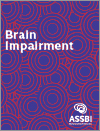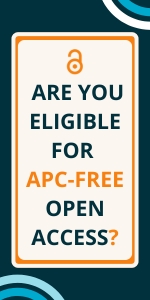Physical activity is important for the health of adults with acquired brain injury. This pilot study trialled a combination walking and behaviour change program with adults receiving rehabilitation in hospital, finding that while patients were interested in the program, they did not become more active as a result. This study does highlight the challenges for clinicians and for patients in increasing activity during rehabilitation in hospital.
IB23095 Abstract | IB23095 Full Text | IB23095PDF (958 KB) | IB23095Supplementary Material (316 KB) Open Access Article





